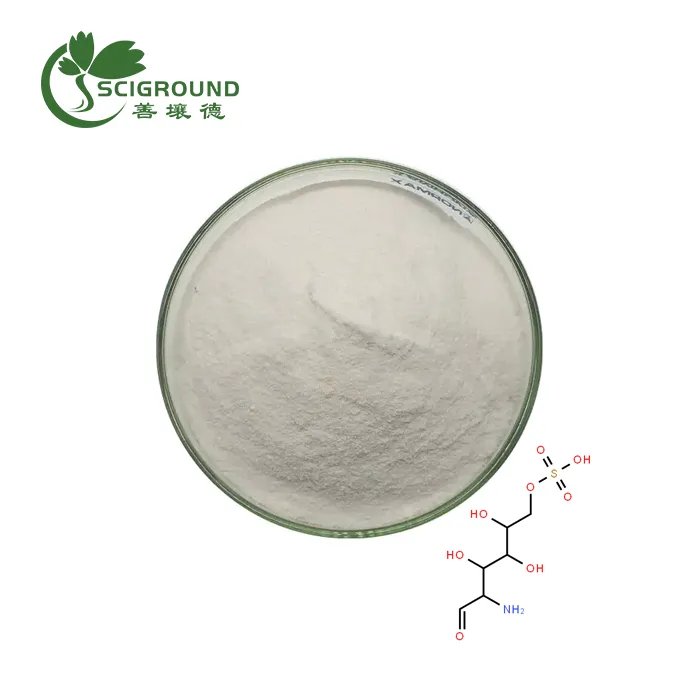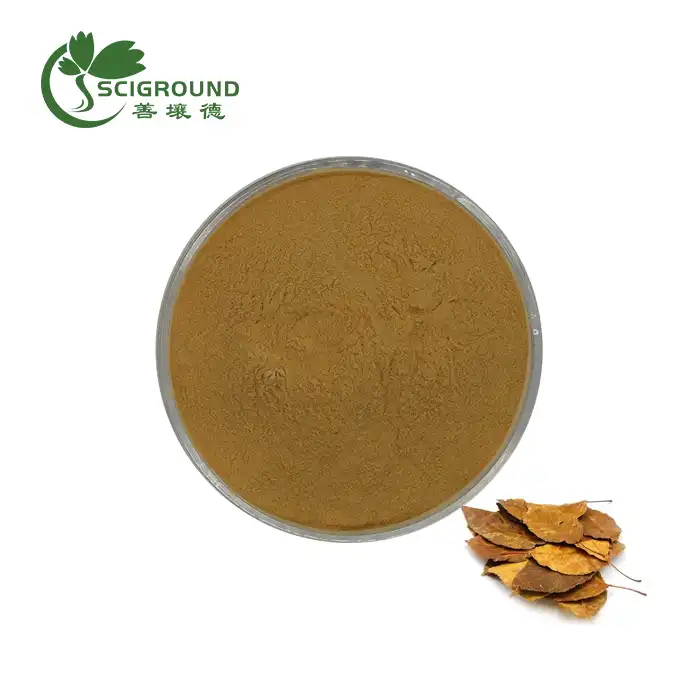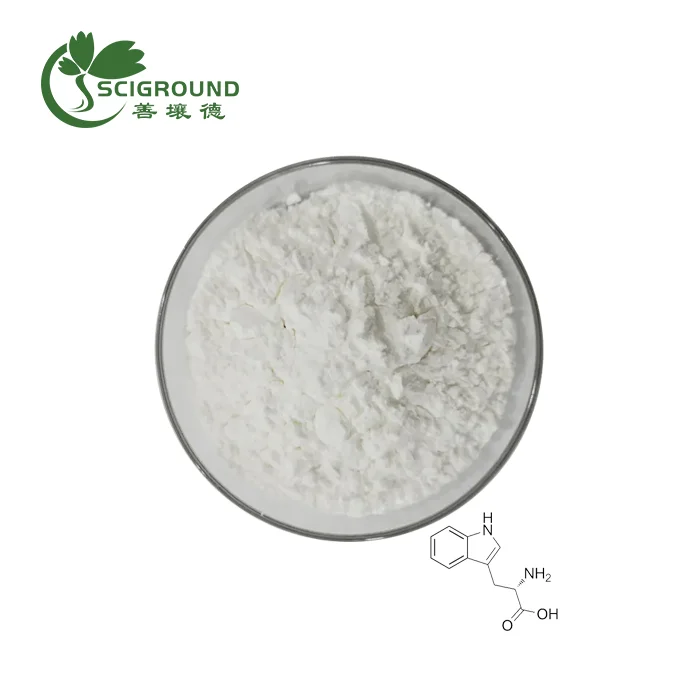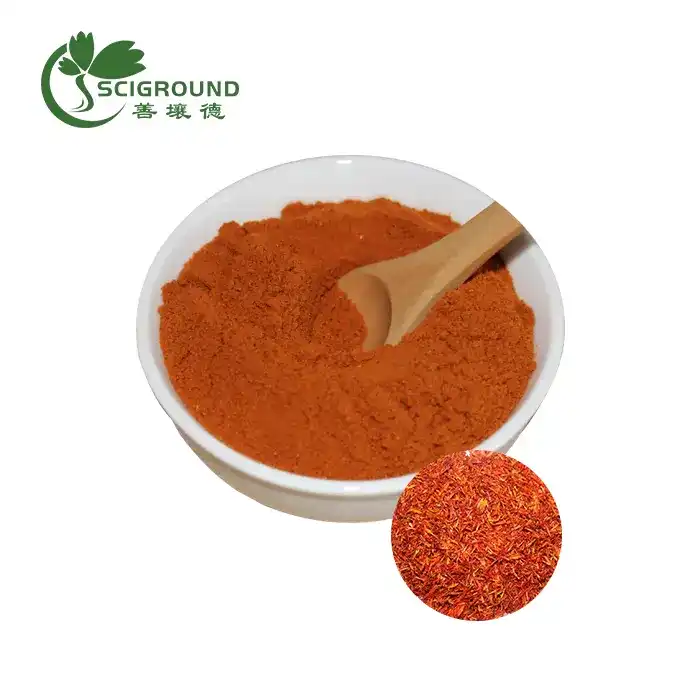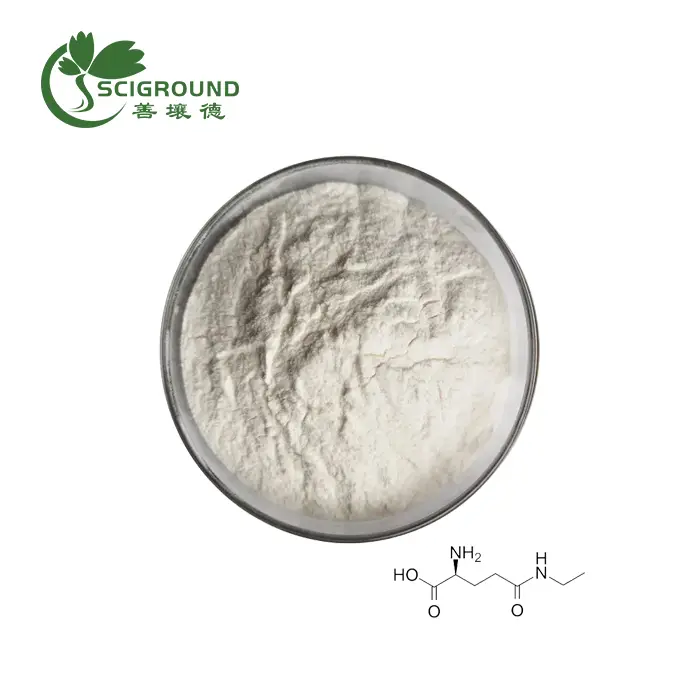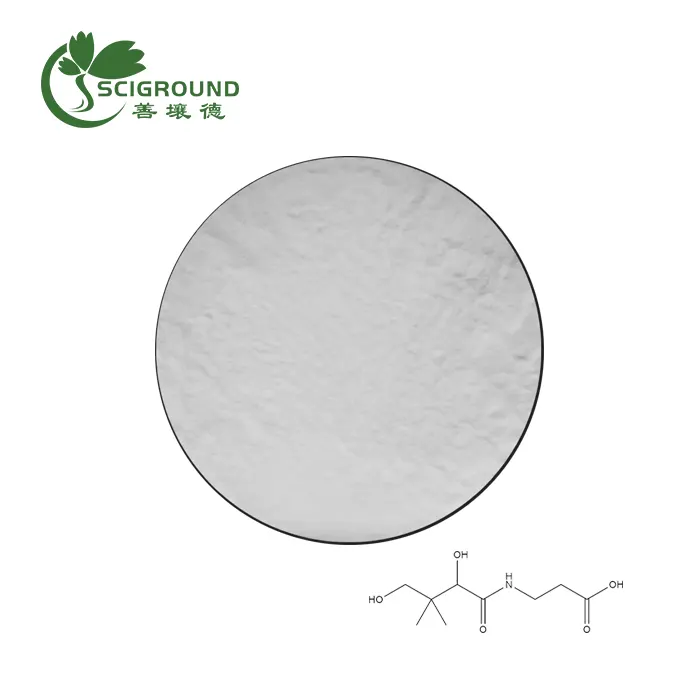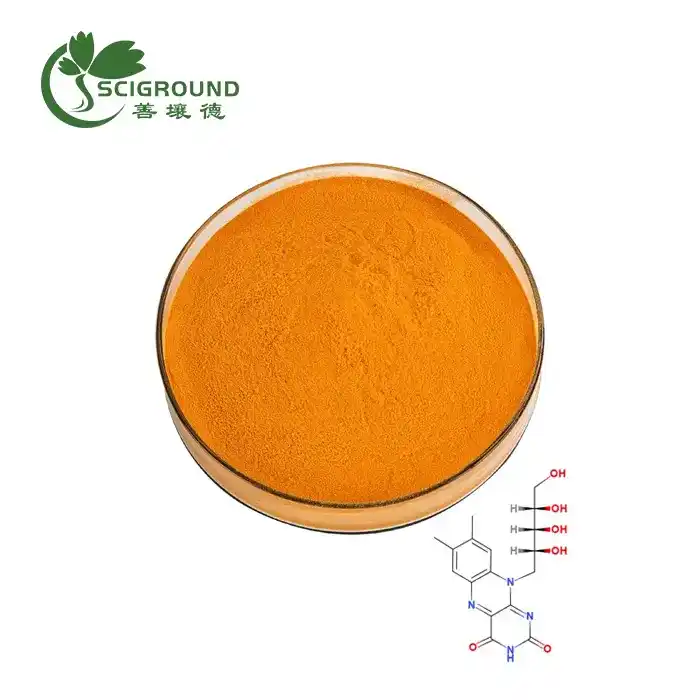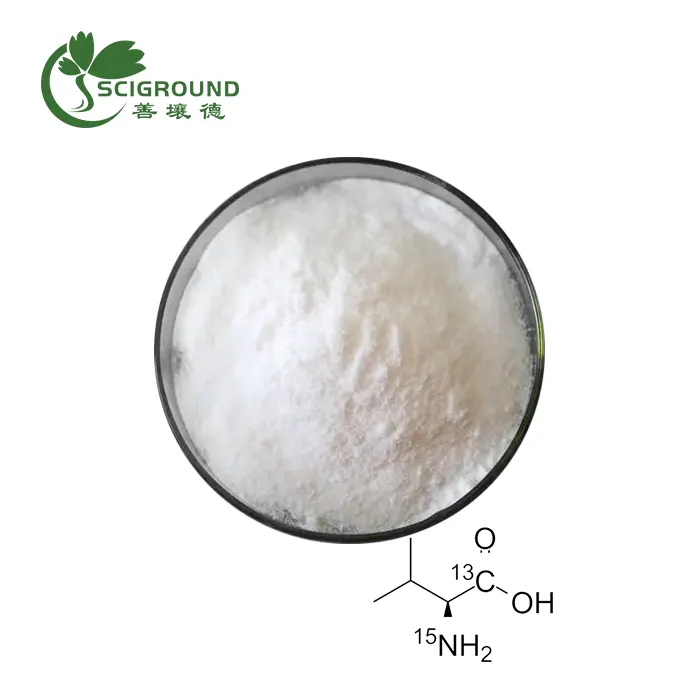what is American ginseng saponins
American ginseng (Panax quinquefolius L.) has gained significant popularity in recent years due to its numerous health benefits. At the heart of this powerful herb lies a group of compounds known as saponins, specifically ginsenosides. These bioactive molecules are responsible for many of the medicinal properties associated with American ginseng. In this comprehensive guide, we'll explore the world of American ginseng saponins, their effects, and how they compare to their Asian counterparts.
How Many Effects of Ginseng Saponins
Ginseng saponins, particularly those found in American ginseng, exhibit a wide array of beneficial effects on human health. Let's delve into some of the most notable impacts:
Cardiovascular Health
American ginseng saponins have demonstrated remarkable cardioprotective properties. These compounds can help reduce the risk of cardiovascular diseases by:
- Decreasing platelet aggregation
- Enhancing antioxidant activity
- Protecting cardiomyocytes from oxidative stress
- Promoting angiogenesis in damaged heart tissue
Ginsenoside Re, a major constituent in American ginseng, has shown particular promise in scavenging harmful free radicals and protecting heart cells from injury.
Anti-Diabetic Effects
The saponins in American ginseng have exhibited significant anti-diabetic potential. Research has shown that these compounds can:
- Decrease fasting blood glucose levels
- Improve glucose disposal
- Enhance insulin sensitivity
- Promote glucose-stimulated insulin secretion
Ginsenoside Rb1, abundant in American ginseng root, has been identified as a key player in these anti-diabetic effects, partially activating the insulin-signaling pathway.
Neuroprotective Properties
American ginseng saponins have demonstrated significant neuroprotective effects, potentially benefiting cognitive function and mental health. These effects include:
- Improving spatial learning and memory
- Reducing neuronal damage in cerebral ischemia
- Attenuating Tau protein hyperphosphorylation in hippocampal neurons
- Promoting neurotransmitter release
These neuroprotective properties suggest that American ginseng saponins could be promising candidates for improving cognitive deficits associated with conditions like Alzheimer's disease.
What's the Difference between American Ginseng Saponins and Asian Ginseng Saponins
While both American and Asian ginseng contain beneficial saponins, there are some key differences between the two:
Chemical Composition
The primary difference lies in the ratio and types of ginsenosides present:
- American ginseng: Higher levels of Rb1 and Re ginsenosides
- Asian ginseng: Higher levels of Rg1 and Rb2 ginsenosides
This variation in chemical composition contributes to the distinct effects of each type of ginseng.
Energetic Properties
In Traditional Chinese Medicine (TCM), American and Asian ginseng are classified differently:
- American ginseng: Considered "cool" and calming to the central nervous system
- Asian ginseng: Classified as "warm" and stimulating
This difference is attributed to the lower ratio of Rg1 to Rb1 in American ginseng, which results in a more balanced effect on the central nervous system.
Specific Health Benefits
While both types of ginseng offer numerous health benefits, they each have areas where they excel:
- American ginseng: Particularly effective for cognitive function, stress reduction, and blood sugar regulation
- Asian ginseng: Known for its energy-boosting properties, immune system support, and potential benefits for male sexual health
Is American Ginseng Saponins Good For You?
American ginseng saponins offer a multitude of potential health benefits, making them a valuable addition to many people's wellness routines. However, it's crucial to consider both the advantages and potential risks:
Potential Benefits
- Enhanced cognitive function and memory
- Improved cardiovascular health
- Better blood sugar control
- Reduced stress and fatigue
- Boosted immune system
Considerations and Precautions
While generally safe for most people, there are some situations where caution is advised:
- Diabetes medications: May interact with blood sugar-lowering effects
- Blood thinners: Potential interactions with anticoagulant medications
- Pregnancy: Not recommended due to potential risks to the fetus
- Autoimmune disorders: May exacerbate symptoms
- Hormone-sensitive cancers: Ginsenosides can act like estrogen
It's always advisable to consult with a healthcare professional before adding American ginseng saponins to your regimen, especially if you have pre-existing health conditions or are taking medications.
Dosage and Administration
The appropriate dosage of American ginseng saponins can vary depending on the form and concentration of the supplement. Generally, it's recommended to:
- Start with a lower dose and gradually increase as needed
- Follow the manufacturer's recommendations or consult a healthcare provider
- Consider cycling usage (e.g., taking breaks) to maintain effectiveness
American ginseng saponins can be consumed in various forms, including capsules, tablets, tinctures, or as a tea made from the dried root.
In conclusion, American ginseng saponins offer a wealth of potential health benefits, from supporting cardiovascular health to enhancing cognitive function. While they're generally safe for most people, it's important to approach their use mindfully and consult with a healthcare professional when necessary. By understanding the unique properties of American ginseng saponins and how they differ from their Asian counterparts, you can make informed decisions about incorporating this powerful herbal supplement into your wellness routine.
References
- Qi, L. W., Wang, C. Z., & Yuan, C. S. (2011). Ginsenosides from American ginseng: chemical and pharmacological diversity. Phytochemistry, 72(8), 689-699.
- Lü, J. M., Yao, Q., & Chen, C. (2009). Ginseng compounds: an update on their molecular mechanisms and medical applications. Current vascular pharmacology, 7(3), 293-302.
- Attele, A. S., Wu, J. A., & Yuan, C. S. (1999). Ginseng pharmacology: multiple constituents and multiple actions. Biochemical pharmacology, 58(11), 1685-1693.
- Mucalo, I., Rahelić, D., Jovanovski, E., Bozikov, V., Romić, Z., & Vuksan, V. (2013). Effect of American ginseng (Panax quinquefolius L.) on glycemic control in type 2 diabetes. Collegium antropologicum, 37(2), 485-490.
- Scholey, A., Ossoukhova, A., Owen, L., Ibarra, A., Pipingas, A., He, K., ... & Stough, C. (2010). Effects of American ginseng (Panax quinquefolius L.) on neurocognitive function: an acute, randomised, double-blind, placebo-controlled, crossover study. Psychopharmacology, 212(3), 345-356.
- Kim, J. H. (2018). Pharmacological and medical applications of Panax ginseng and ginsenosides: a review for use in cardiovascular diseases. Journal of ginseng research, 42(3), 264-269.
Ready to experience the benefits of American ginseng saponins for yourself? Contact Shaanxi SCIGROUND, your trusted source for high-quality plant extract powders, including American ginseng saponins. Our team of experts is ready to answer your questions and help you find the perfect product for your needs. Reach out to us today at info@scigroundbio.com and take the first step towards a healthier you!
Related Industry Knowledge
- What is Orange Juice Powder?
- How Is Aloin Removed From Aloe Vera?
- Which is better quercetin or fisetin?
- Is Soybean Seed Extract Comedogenic
- What is the best form to take cordyceps?
- Is Butcher's Broom Extract Heat Sensitive
- Does Berberine Lower Testosterone
- Is Pea Protein Powder a Viable Vegan and Gluten-Free Alternative to Whey Protein?
- Dandelion Root Extract Powder: Embracing the Healing Power of Nature
- Why BCAA is used in gym?
